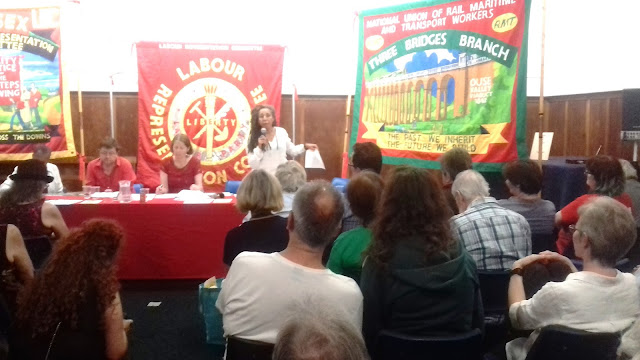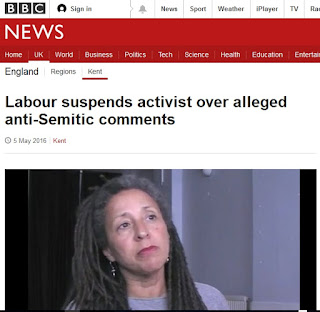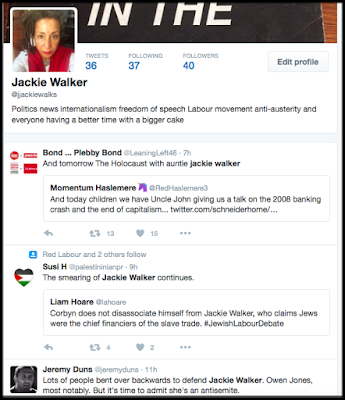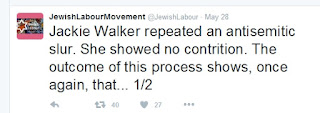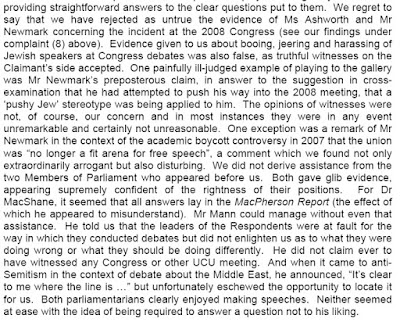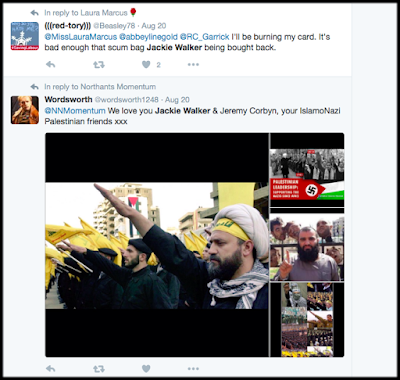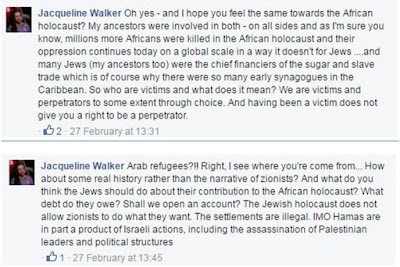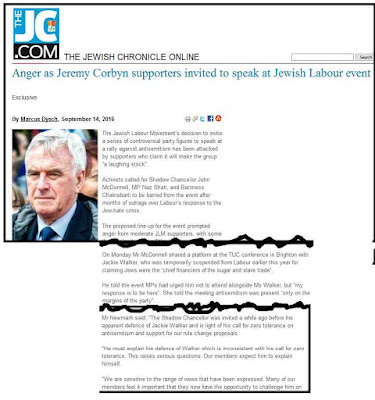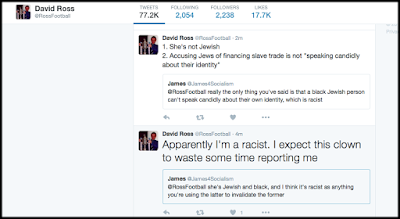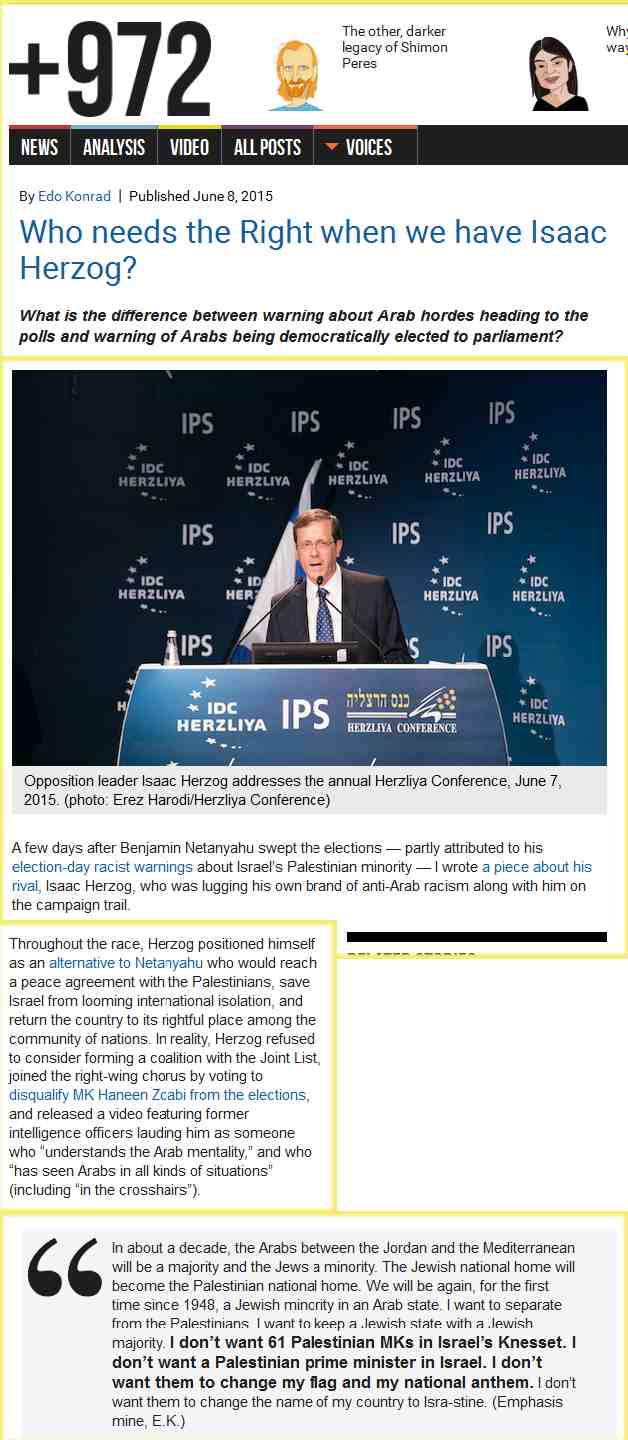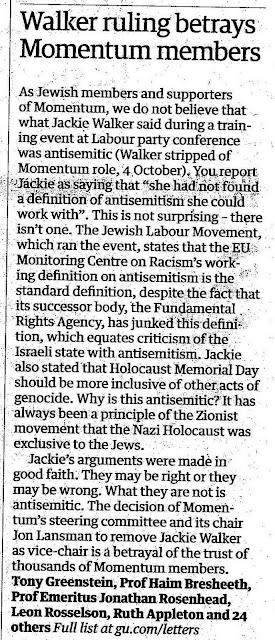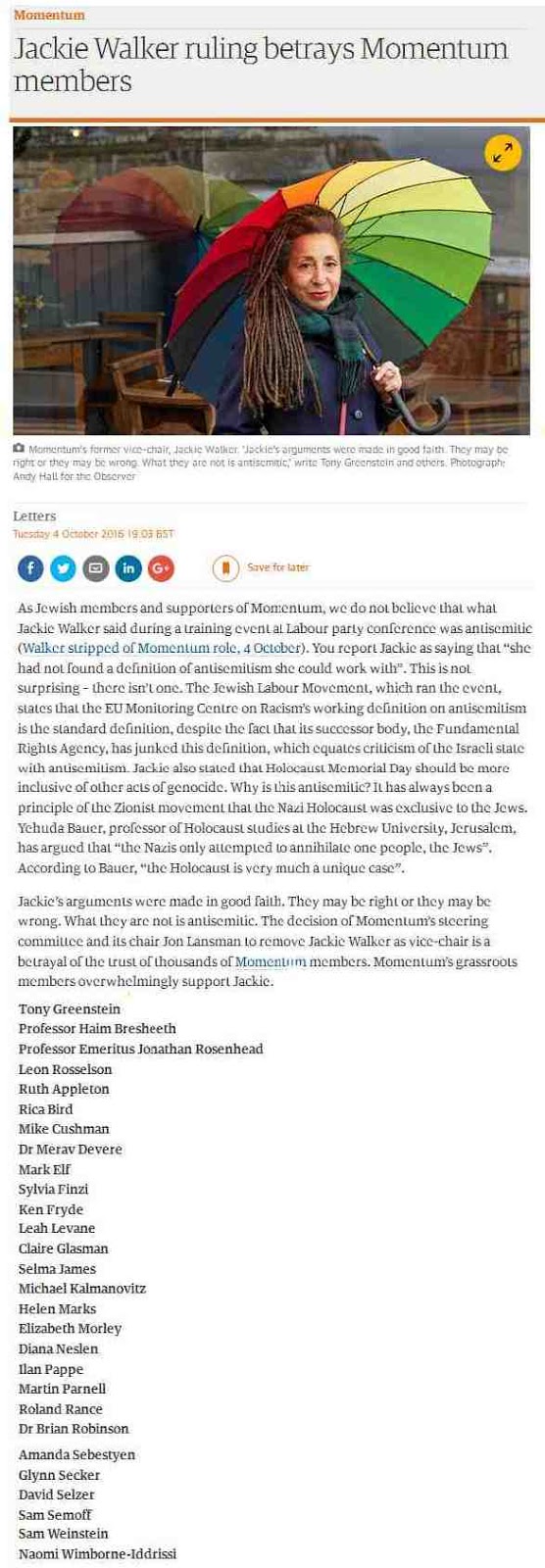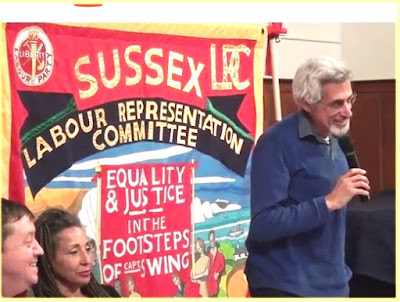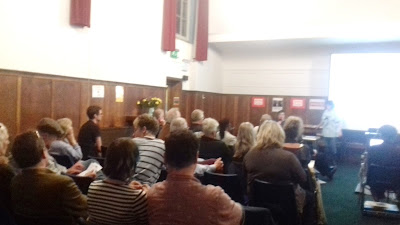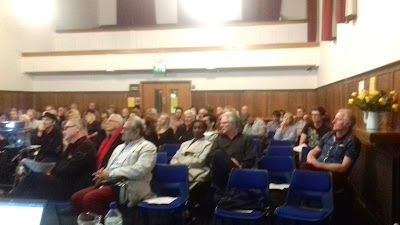![]() |
| Peres was a protege of David Ben Gurion and like his mentor was a Zionist war criminal |
In one of the more shameful episodes in the Labour Party history, ranking alongside the appearance of Bill Clinton and the Afghan puppet President, Hamid Karzai, as guest speakers, the Annual Conference which has just ended stood in a minutes silence on hearing of the long overdue death of former Israeli Prime Minister, President and war criminal, Shimon Peres.
Peres throughout his political life was a warmonger. He had been part of Ben-Gurion’s youthful confidantes. An advocate of transfer and settlement, Peres justly claims the title of Father of Israel’s Nuclear Bomb. His presiding over and justifying the atrocity at Qana, Lebanon, as Robert Fisk below explains, stands out in a long bloody history as does his sponsorship of the settlements. Most delegates to the Labour Party were probably unaware of this but the Jewish Labour Movement was only too aware of this ‘peacemakers’ record.
![]() |
| even fellow Zionists like Yitzhak Rabin didn't trust someone who was considered 'the fox' |
It is fitting that three other war criminals – Cameron, Blair and Brown – will be paying their respects at Peres’s funeral. Below is an assessment of Peres’s life from the perspective of the Palestinians, by noted historian Ilan Pappe and a brilliant assessment of this ‘ peacemakers’ handiwork in Quana, Lebanon where refugees, sheltering in a UN compound, were torn apart by Israeli ordinance.
Tony Greenstein
![]() |
| students at Oxford University oppose the presence of Peres |
Officials and mourners surround coffins covered with Lebanese flags during a mass funeral in the southern Lebanese town of Tyre, 30 April 1996. The victims were killed in an Israeli artillery attack on a UN base in Qana, in southern Lebanon, on 18 April as part of an operation ordered by then Israeli Prime Minister Shimon Peres.
![]() |
| Funerals for the hundreds of civilians - women and children primarily - who were butchered in Qana by Peres |
Ahmed AzakirAP Photo
The obituaries for Shimon Peres have already appeared, no doubt prepared in advance as the news of his hospitalization reached the media.
The verdict on his life is very clear and was already pronouncedby US President Barack Obama: Peres was a man who changed the course of human history in his relentless search for peace in the Middle East. ![]() |
| Peres pioneered the military alliance with Apartheid South Africa and agreed to supply it with a nuclear bomb |
My guess is that very few of the obituaries will examine Peres’ life and activities from the perspective of the victims of Zionism and Israel.
He occupied many positions in politics that had immense impact on the Palestinians wherever they are. He was director general of the Israeli defense ministry, minister of defense, minister for development of the Galilee and the Negev (Naqab), prime minister and president.
In all these roles, the decisions he took and the policies he pursued contributed to the destruction of the Palestinian people and did nothing to advance the cause of peace and reconciliation between Palestinians and Israelis.
![]() |
| Peres proudly displays his Nobel Peace Prize - he stands in the tradition of Henry Kissinger |
Born Szymon Perski in 1923, in a town that was then part of Poland, Peres immigrated to Palestine in 1934. As a teenager in an agricultural school, he became active in politics within the Labor Zionist movement that led Zionism and later the young State of Israel.
As a leading figure in the movement’s youth cadres, Peres attracted the attention of the high command of the Jewish paramilitary force in British-ruled Palestine, the Haganah. ![]() |
| Peres had a close relationship with Ariel Sharon - the butcher of the refugee camps of Sabra and Chatilla, 2000 of whose refugees were murdered by the Phalange |
Nuclear bomb
In 1947, Peres was fully recruited to the organization and sent abroad by its leader David Ben-Gurion to purchase arms which were later used in the 1948 Nakba, the ethnic cleansing of Palestinians, and against the Arab contingents that entered Palestine that year.
After a few years abroad, mainly in the United States, where he was busy purchasing arms and building the infrastructure for the Israeli military industry, he returned to become director general of the defense ministry.
Peres was active in forging Israel’s collusion with the UK and France to invade Egypt in 1956, for which Israel was rewarded by France with the needed capacity to build nuclear weapons.
No less important was the zeal Peres showed under Ben-Gurion’s guidance and inspiration to Judaize the Galilee. Despite the 1948 ethnic cleansing, that part of Israel was still very much Palestinian countryside and landscape.
Peres was behind the idea of confiscating Palestinian land for the purpose of building exclusive Jewish towns such as Karmiel and Upper Nazareth and basing the military in the region so as to disrupt territorial contiguity between Palestinian villages and towns.
This ruination of the Palestinian countryside led to the disappearance of the traditional Palestinian villages and the transformation of the farmers into an underemployed and deprived urban working class. This dismal reality is still with us today.
Settlers’ champion
Peres disappeared for a while from the political scene when his master Ben-Gurion, Israel’s founding prime minister, was pushed aside in 1963 by a new generation of leaders.
He came back after the 1967 War and the first portfolio he held was as minister responsible for the occupied territories. In this role, he legitimized, quite often retroactively, the settlement drive in the West Bank and Gaza Strip.
As so many of us realize today, by the time the pro-settlement Likud party came to power in 1977, the Jewish settlement infrastructure, in particular in the West Bank, had already rendered a two-state solution an impossible vision.
In 1974, Peres’ political career became intimately connected to that of his nemesis, Yitzhak Rabin. The two politicians who could not stand each other, had to work in tandem for the sake of political survival.
However, on Israel’s strategy toward the Palestinians, they shared the Zionist settler-colonial perspective, coveting as much of Palestine’s land as possible with as few Palestinians on it as possible.
They worked well together in quelling brutally the Palestinian uprising that began in 1987. Peres’ first role in this difficult partnership was as defense minister in the 1974 Rabin government. The first real crisis Peres faced was a major expansion of the messianic settler movement Gush Emunim’s colonization effort in and around the West Bank city of Nablus.
Rabin opposed the new settlements, but Peres stood with the settlers and those colonies that now strangulate Nablus are there thanks to his efforts.
In 1976, Peres led government policy on the occupied territories, convinced that a deal could be struck with Jordan, by which the West Bank would be within Jordanian jurisdiction but under effective Israeli rule.
He initiated municipal elections in the West Bank but to his great surprise and disappointment, the candidates identified with the Palestine Liberation Organization were elected and not the ones loyal to Jordan’s Hashemite monarchy.
But Peres remained faithful to what he named the “Jordanian option” as an opposition leader after 1977 and when he returned to power in coalition with the Likud in 1984-1988. He pushed forward the negotiations on the basis of this concept until King Hussein’s decision to cede any political connection between Jordan and the West Bank in 1988.
Israel’s international face
The 1990s exposed to the world to a more mature and coherent Peres. He was Israel’s international face, whether in government or outside it. He played this role even after the Likud ascended as the main political force in the land.
In power, in Rabin’s government in the early 1990s, as prime minister after Rabin’s 1995 assassination, and then as a minister in the cabinet of Ehud Barak from 1999 to 2001, Peres pushed a new concept for what he called “peace.”
Instead of sharing rule in the West Bank and Gaza Strip with Jordan or Egypt, he now wished to do it with the Palestine Liberation Organization. The idea was accepted by PLO leader Yasser Arafat, who may have hoped to build on this a new project for the liberation of Palestine.
As enshrined in the 1993 Oslo accords, this concept was enthusiastically endorsed by Israel’s international allies.
Peres was the leading ambassador of this peace process charade that provided an international umbrella for Israel to establish facts on the ground that would create a greater apartheid Israel with small Palestinian bantustans scattered within it.
The fact that he won a Nobel Peace Prize for a process that advanced the ruination of Palestine and its people is yet another testimony to world governments’ misunderstanding, cynicism and apathy toward their suffering.
We are fortunate to live in an era in which international civil society has exposed this charade and offers, through the boycott, divestment and sanctions movement and the growing support for the one-state solution, a more hopeful and genuine path forward.
Qana
As prime minister, Peres had one additional “contribution” to make to the history of Palestinian and Lebanese suffering.
In response to the endless skirmishes between Hizballah and the Israeli army in southern Lebanon, where Hizballah and other groups resisted the Israeli occupation that began in 1982 until they drove it out in 2000, Peres ordered the bombing of the whole area in April 1996.
During what Israel dubbed Operation Grapes of Wrath, Israeli shelling killed more than 100 people – civilians fleeing bombardment and UN peacekeepers from Fiji – near the village of Qana.
Despite a United Nations investigation that found Israel’s explanation that the shelling had been an accident to be “unlikely,” the massacre did nothing to dent Peres’ international reputation as a “peacemaker.”
In this century, Peres was more a symbolic figurehead than an active politician. He founded the Peres Center for Peace, built on confiscated Palestinian refugee property in Jaffa, which continues to sell the idea of a Palestinian “state” with little land, real independence or sovereignty as the best possible solution.
That will never work, but if the world continues to be committed to this Peres legacy, there will be no end to the suffering of the Palestinians.
Shimon Peres symbolized the beautification of Zionism, but the facts on the ground lay bare his role in perpetrating so much suffering and conflict. Knowing the truth, at least, helps us understand how to move forward and undo so much of the injustice Peres helped create.
The author of numerous books, Ilan Pappe is professor of history and director of the European Centre for Palestine Studies at the University of Exeter.
Peres said the massacre came as a ‘bitter surprise’. It was a lie: the UN had repeatedly told Israel the camp was packed with refugees
The Israeli politician has died at 93, two weeks after suffering a major stroke AP
When the world heard that Shimon Peres had died, it shouted “Peacemaker!” But when I heard that Peres was dead, I thought of blood and fire and slaughter.
I saw the results: babies torn apart, shrieking refugees, smouldering bodies. It was a place called Qana and most of the 106 bodies – half of them children – now lie beneath the UN camp where they were torn to pieces by Israeli shells in 1996. I had been on a UN aid convoy just outside the south Lebanese village. Those shells swished right over our heads and into the refugees packed below us. It lasted for 17 minutes.
Shimon Peres, standing for election as Israel’s prime minister – a post he inherited when his predecessor Yitzhak Rabin was assassinated – decided to increase his military credentials before polling day by assaulting Lebanon. The joint Nobel Peace Prize holderused as an excuse the firing of Katyusha rockets over the Lebanese border by the Hezbollah. In fact, their rockets were retaliation for the killing of a small Lebanese boy by a booby-trap bomb they suspected had been left by an Israeli patrol. It mattered not.
A few days later, Israeli troops inside Lebanon came under attack close to Qana and retaliated by opening fire into the village. Their first shells hit a cemetery used by Hezbollah; the rest flew directly into the UN Fijian army camp where hundreds of civilians were sheltering. Peres announced that “we did not know that several hundred people were concentrated in that camp. It came to us as a bitter surprise.”
It was a lie. The Israelis had occupied Qana for years after their 1982 invasion, they had video film of the camp, they were even flying a drone over the camp during the 1996 massacre – a fact they denied until a UN soldier gave me his video of the drone, frames from which we published in The Independent. The UN had repeatedly told Israel that the camp was packed with refugees.
This was Peres’s contribution to Lebanese peace. He lost the election and probably never thought much more about Qana. But I never forgot it.
When I reached the UN gates, blood was pouring through them in torrents. I could smell it. It washed over our shoes and stuck to them like glue. There were legs and arms, babies without heads, old men’s heads without bodies. A man’s body was hanging in two pieces in a burning tree. What was left of him was on fire.
On the steps of the barracks, a girl sat holding a man with grey hair, her arm round his shoulder, rocking the corpse back and forth in her arms. His eyes were staring at her. She was keening and weeping and crying, over and over: “My father, my father.” If she is still alive – and there was to be another Qana massacre in the years to come, this time from the Israeli air force – I doubt if the word “peacemaker” will be crossing her lips.
There was a UN enquiry which stated in its bland way that it did not believe the slaughter was an accident. The UN report was accused of being anti-Semitic. Much later, a brave Israeli magazine published an interview with the artillery soldiers who fired at Qana. An officer had referred to the villagers as “just a bunch of Arabs” (‘arabushim’ in Hebrew). “A few Arabushim die, there is no harm in that,” he was quoted as saying. Peres’s chief of staff was almost equally carefree: “I don’t know any other rules of the game, either for the [Israeli] army or for civilians…”
Peres called his Lebanese invasion “Operation Grapes of Wrath”, which – if it wasn’t inspired by John Steinbeck – must have come from the Book of Deuteronomy. “The sword without and terror within,” it says in Chapter 32, “shall destroy both the young man and the virgin, the suckling also with the man of grey hairs.” Could there be a better description of those 17 minutes at Qana?
Remembering the Israel-Gaza conflict
Yes, of course, Peres changed in later years. They claimed that Ariel Sharon – whose soldiers watched the massacre at Sabra and Chatila camps in 1982 by their Lebanese Christian allies – was also a “peacemaker” when he died. At least he didn’t receive the Nobel Prize.
Peres later became an advocate of a “two state solution”, even as the Jewish colonies on Palestinian land – which he once so fervently supported – continued to grow.
Now we must call him a “peacemaker”. And count, if you can, how often the word “peace” is used in the Peres obituaries over the next few days. Then count how many times the word Qana appears.
PRESS STATEMENT: On the Death of Shimon Peres, Apartheid collaborator and Israeli war criminal
29 September 2016
Former Israeli Defence Minister and then President, Shimon Peres is well known for the military relations he forged between Israel and Apartheid South Africa during the 1980s. He said:"Israel and [Apartheid] South Africa have one thing above all else in common: they are both situated in a predominantly hostile world inhabited by dark peoples."
During the height of the boycott, divestment and sanctions campaign against Apartheid South Africa, Israel broke the arms embargo and supplied the Apartheid regime with military equipment. These weapons were then used against our people.
Shimon Peres tried to come across as a peacemaker but it was a facade to cover the real story of Israeli racism, ethnic cleansing and oppression against the Palestinian people.
Peres was part of the Haganah, the militia responsible for the ethnic cleansing of Palestinian villages in 1947. Peres was also part of the Israeli Government that oversaw the expansion of Israel’s illegal Jewish only settlements, at the time he served as defence minister.
As Prime Minister in 1996, Peres ordered and oversaw “Operation Grapes of Wrath” in which Israel killed over 150 Lebanese civilians. The campaign’s most brutal incident was the Qana massacre where Israel shelled a United Nations compound and killed 106 civilians.
He was also racist towards Iranians, in 2012 there were reports that over six million Iranians were suffering from cancer and were unable to get treatment due to sanctions, Peres said: “If they want to return to a normal life, let them become normal.”
It is in this context that the human rights and Palestine solidarity organization BDS South Africa is shocked to see members of the media speak of Peres as a “Peacemaker”. We are even more disturbed to have received a statementby South Africa's Department of International Relations and Cooperation (DIRCO) praising and paying tribute to Peres, an apartheid collaborator and war criminal.
From this DIRCO statement it seems that there is an inconsistency. The political position and posture of South Africa's democratically elected Government is at odds with the media release published by DIRCO which was essentially a praise singing statement of a war criminal and reads as something authored by a member of the Israeli lobby. Furthermore, for deployees from the governing party, this statement is at odds with the party's policies and resolutions.
It cannot be accepted that president Jacob Zuma, DIRCO Minister Maite Nkoane-Mashabane and other Government officials articulate our policy on the international stage, only to be undermined by the issuing of biased and pro-Israeli press statements. President Zuma speaking at the UN recently, correctly termed the Palestinian struggle against the Israeli regime as an anti-colonial struggle when he said: "The lack of progress in finding a durable solution to the Palestinian question and the Saharawi Arab Republic’s struggle for self-determination remain a major concern for us…it is important that the United Nations should carry out its historic mission in ensuring that the two longest outstanding decolonization and occupation issues are resolved once and for all, in fulfilment of the UN Charter objectives."
Minister Nkoane-Mashabane has previously said: “[Government] Ministers of South Africa do not visit Israel currently...our Palestinian friends have asked us in formal meetings to not engage with the [Israeli] regime. We have agreed to slow down and curtail senior leadership contact with that regime until things begin to look better…The struggle of the people of Palestine is our struggle.”
This was reiterated recently at the Non Aligned Movement when she said:“The cause of Palestinian statehood has become our own. As the first president of our non-racist, non-sexist and free South Africa, President Nelson Mandela, said: ‘South Africa will not be free as long as Palestine is not free’. The illegal [Israeli] settlement activity and daily violations of human rights of the Palestinians cannot be ignored.”
South Africa need not celebrate the death of a war criminal, but we do not celebrate his life. Thousands of South Africans, including our elected leaders, remember painfully the thousands who died under the rule of Shimon Peres.
BDS South Africa calls on the Presidency, the Minister and the Deputy Minister concerned to clarify. Indeed it is long overdue that individuals at DIRCO who contradict our elected leadership and policies are called to order, we cannot have such misconduct.
ISSUED BY BDS SOUTH AFRICA
For Comment:
Muhammed Desai 0842119988
Kwara Kekana 0740543826
BOYCOTT, DIVESTMENT AND SANCTIONS AGAINST ISRAEL IN SOUTH AFRICA (BDS SOUTH AFRICA)



































